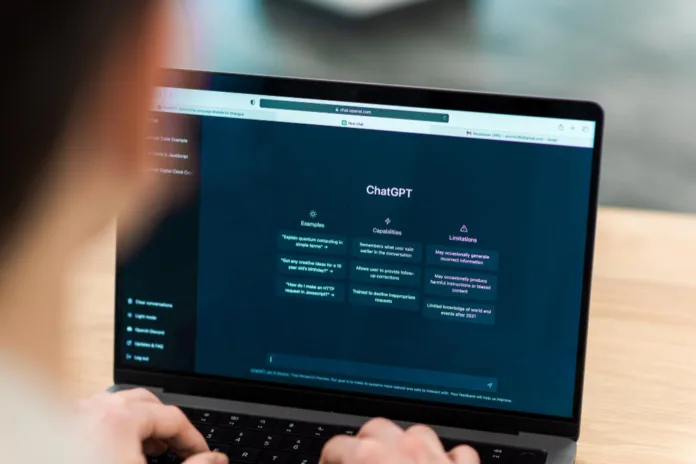OpenAI teases new tools for its AI browser as it takes aim at Chrome’s global dominance
OpenAI has revealed a string of upcoming updates for its new AI-powered browser, ChatGPT Atlas, as the company moves quickly to refine its most ambitious product since launching ChatGPT itself.
Less than two days after Atlas’s official debut, OpenAI appears determined to accelerate development and stake a claim in the crowded browser market long dominated by Google Chrome. Adam Fry, the leader of the Atlas project, confirmed that the team is already “heads down making it better” and shared a preview of what’s to come.
“Profiles coming!” Fry announced in a post on X (formerly Twitter), teasing a range of features that include tab groups and an opt-in ad blocker — both staples of modern browsers like Chrome, Edge and Safari. These upgrades, Fry said, are part of a wider “post-launch fixes” roadmap designed to smooth out the Atlas experience over the coming weeks. Some updates may take longer, but OpenAI appears committed to rolling them out rapidly.
Among the most anticipated changes are quality-of-life improvements such as a new overflow bookmarks menu and expanded keyboard shortcuts — minor tweaks that could make Atlas feel more familiar to long-time web users while still keeping its AI core front and centre.
More significant are the planned updates to Atlas’s AI-driven features, which sit at the heart of OpenAI’s vision for the future of web browsing. The browser is tightly integrated with ChatGPT, offering users a built-in “Ask ChatGPT” sidebar and an AI agent that can perform actions online on behalf of the user.
Embed from Getty Images
Currently limited to ChatGPT Plus and Pro subscribers, the AI agent will soon get a raft of improvements, including faster response times, a more reliable pause function, and tighter integration with widely used tools such as Google Drive and cloud-based Excel. This could allow users to automate tasks, summarise files, and pull information across apps without ever leaving the browser.
The ChatGPT sidebar, meanwhile, is also being reworked for better usability. According to Fry, it will soon allow users to switch between projects or AI models directly within the same tab — without having to reload or navigate away. The goal, he said, is to make Atlas not just a browser, but a personalised workspace driven by AI assistance at every level.
OpenAI’s approach appears aimed squarely at turning ChatGPT Atlas into a central hub for digital productivity — one that blurs the lines between a web browser, a search engine, and an intelligent assistant. While browsers like Chrome, Firefox, and Edge have experimented with AI integration, none have been built entirely around it from the ground up.
The addition of an ad blocker, though optional, could also prove controversial. Advertising remains a core revenue stream for many platforms, including Google, and OpenAI’s choice to include it signals a willingness to challenge the ad-driven ecosystem that underpins much of the modern web.
Atlas’s launch this week was widely seen as the latest shot in the escalating battle between OpenAI and Google. The company’s ambitions go well beyond chatbots — positioning its AI not just as a conversational tool but as an interface for the entire internet.
“Atlas represents the next frontier,” said one OpenAI insider familiar with the product’s development. “It’s not just about browsing anymore — it’s about using AI to navigate and act within the web itself.”
For now, users are still getting to grips with Atlas’s early release, which combines OpenAI’s flagship chatbot technology with a clean, AI-assisted browsing interface. But if the promised updates arrive as quickly as Fry suggests, the new entrant could become the biggest challenge yet to Chrome’s global dominance.
As Fry put it bluntly: “We’re just getting started.”
